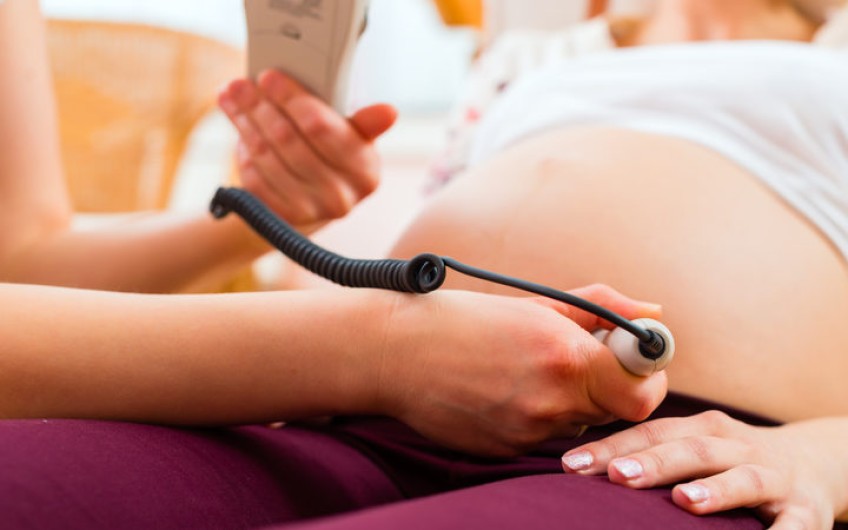Southern DHB to review changes after roadside birth

The Southern DHB will review changes to its maternity care after the birth of a baby in an ambulance in Southland last week.
The roadside birth occurred after maternity services at Lumsden were downgraded earlier this year, despite protests from locals.
An ambulance taking an expectant mother to Southland Hospital had to pull over and let her give birth, minutes out of the town.
The midwife on board said it was a dangerous incident and the direct result of the decision to downsize Lumsden's maternity facilities to an unstaffed hub, and redirect births to Southland Hospital one hour down the road.
Southern DHB's chief executive, Chris Fleming, said the review would focus on the implementation of primary maternity system strategy, not the strategy itself.
"We are eight months into a two-year implementation timeframe, and we need to take stock of what has gone well, and where implementation has been more challenging, and what lessons we need to learn from this," he said.
"Maternal and child hubs are a new concept. They were introduced following a review into our previous primary maternity system, that found shortcomings in the reach of services, and the sustainability of LMC (lead maternity carer) midwifery across the district.
"They supported the need to deliver care across an enormous district, to increase the reach of maternity services in places that previously had no formal maternity infrastructure, namely Te Anau and Wanaka, and to alleviate some of the costs for LMC midwives operating in these areas.
"However, there has not been a blueprint to follow for this. We have acknowledged that aspects of the transition to a hub in Lumsden have not gone smoothly, and there may be range of reasons for this. As we progress with the strategy, we need to understand this better so we can learn from this."
He had instructed his team to prepare a full report on the implementation of the changes.
But the review would not only look at the implementation of the changes, but also the specifics of Sunday's case.
"I note the outcome for the woman and baby was positive, and that St John and her LMC midwife were in attendance, as we would expect when providing urgent care in such circumstances," Mr Fleming said.
"However, I do want to understand more about the specifics of the case, the care she received, the decision making, and the overall network of support that was available to the woman, including the role if any that the changes to the primary maternity infrastructure may have played in this.
"Given the many perspectives on this that have been expressed publicly, I would be looking to have independent midwifery input into this review."
Today's statement by Mr Fleming came only two days after he told RNZ News that "an ambulance is a very safe place to have a baby, if it is an emergency".





















